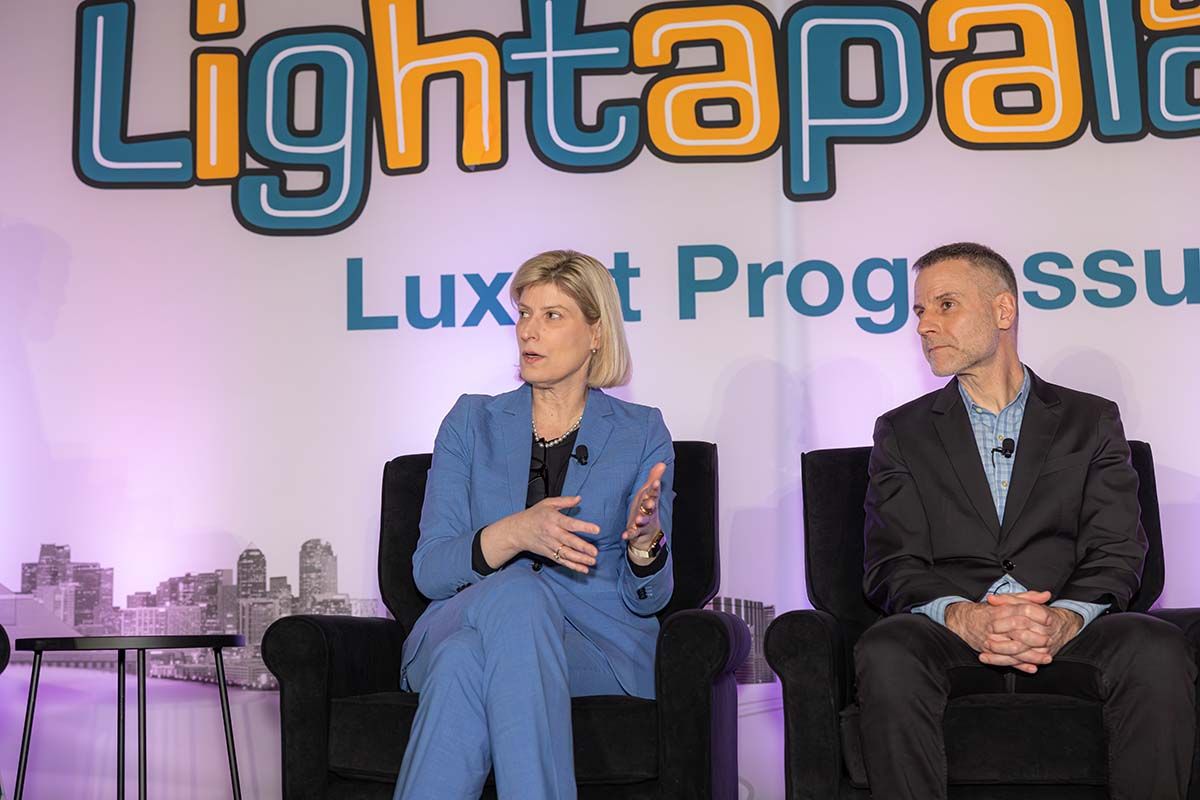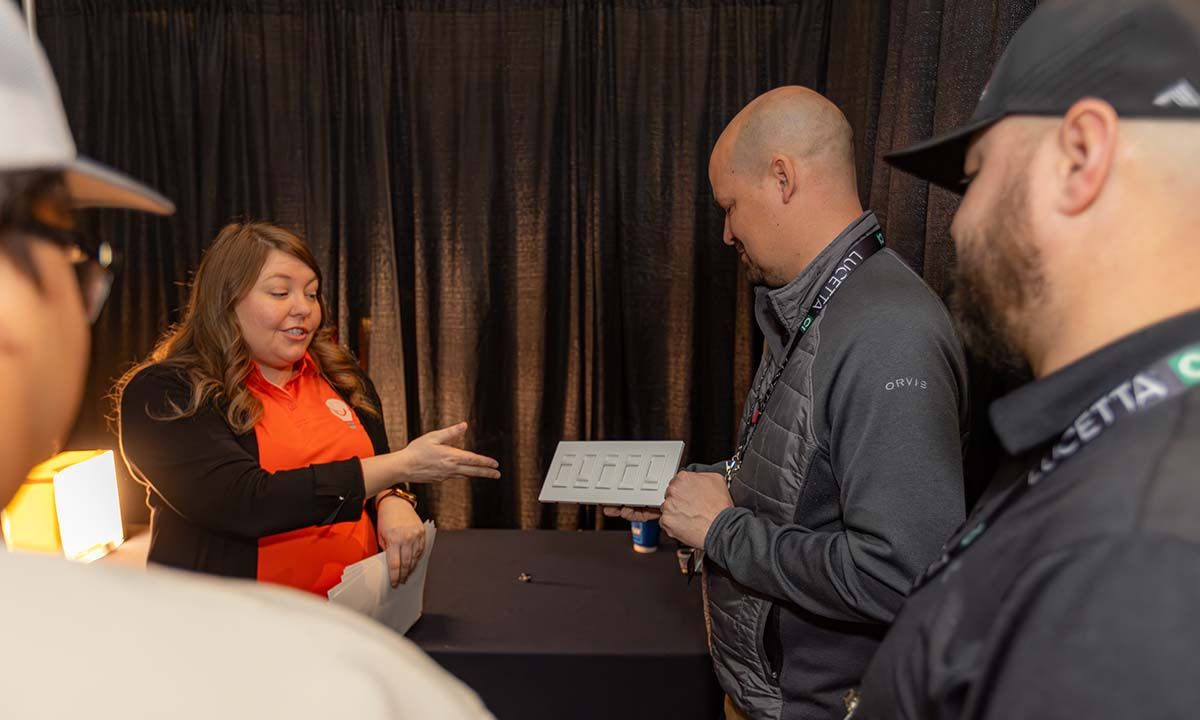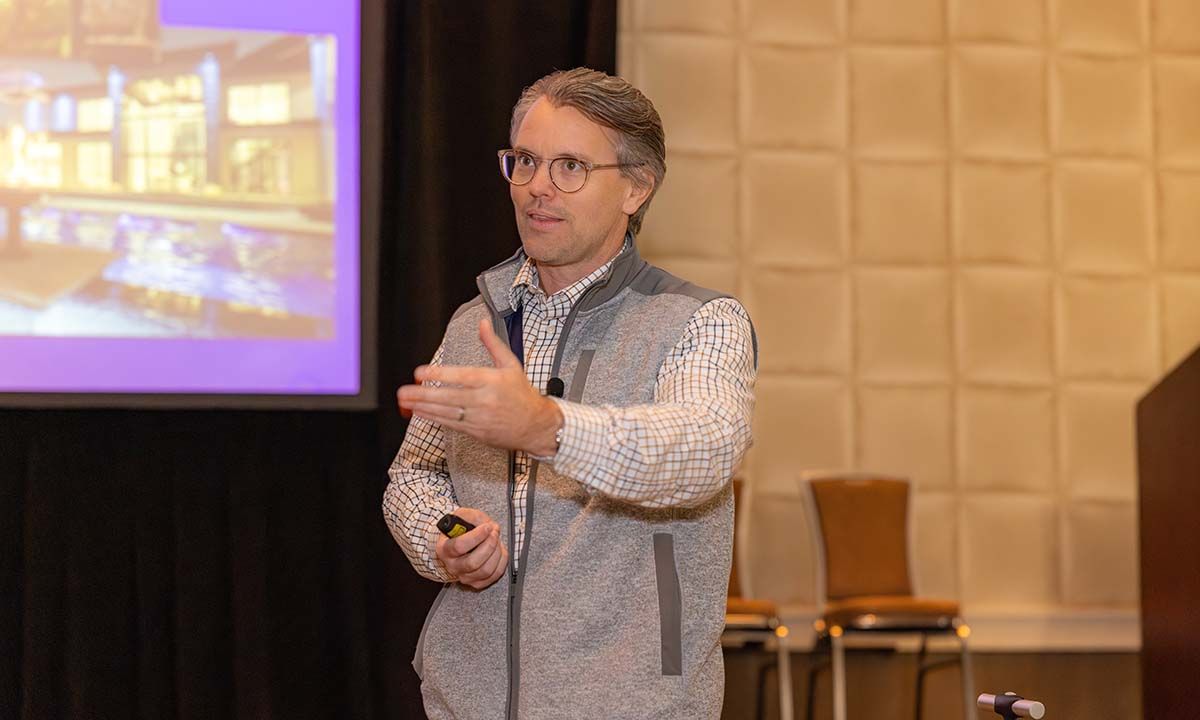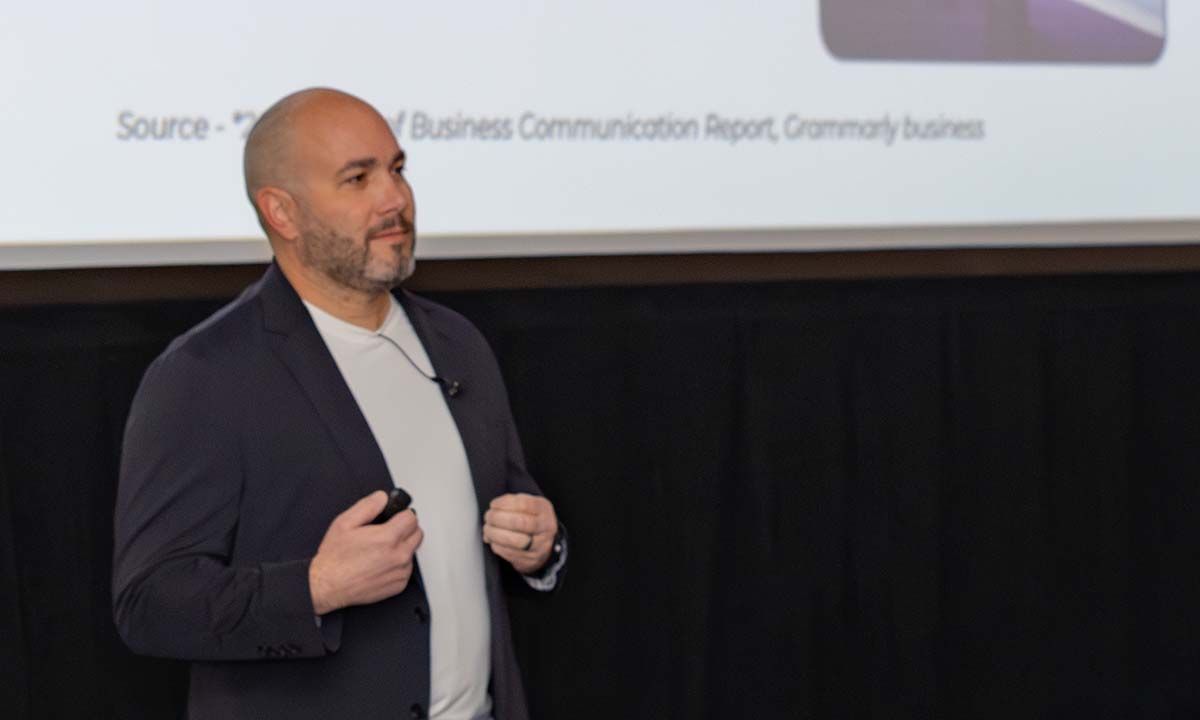Expert Panel Discussion Series
The Expert Panel Discussion Series brings together experienced integrators, lighting designers, manufacturers, and trade professionals for candid conversations on the challenges and opportunities defining residential lighting and power integration. These dynamic sessions deliver honest insights, real-world workflows, and hard-won lessons from professionals navigating lighting business transformation. Panel topics address critical challenges including the evolution from product sales to comprehensive solutions encompassing control and power systems, software workflows and design tool selection, successful designer-integrator collaborations, project management frameworks, retrofit strategies, showroom ROI evaluation, and relationship development with architects and builders. Moderated discussions feature frank assessments of what works, what fails, and why—providing attendees with practical strategies drawn from actual project experiences rather than theoretical approaches. These sessions create opportunities for peer learning, networking with industry leaders, and gaining competitive intelligence that accelerates business growth and operational excellence in lighting integration.



